Vietnam in general and Thanh Hoa in particular are agricultural residents closely associated with the wet rice civilization. Rice grains are considered as the "pearl" that nourishes people. Having rice to eat and a sufficient source of food is always a wish: "When will October come/ A bowl of rice full of laughter, a fish across the table". Rice grains and bowls of rice reflect the fruits of labor, an expression of love, the simple and sincere happiness of the working people: "When will the rice ripen and turn yellow/ So I can go harvest it for you to bring rice".
 Rice cooking competition on spring day in Thanh hometown. (Illustration photo)
Rice cooking competition on spring day in Thanh hometown. (Illustration photo)
Giving thanks to heaven and earth, showing gratitude to ancestors who opened mountains and broke rocks to create green rice and corn fields, bountiful crops, and a prosperous life is a morality and beauty in life, becoming the spiritual culture of working people. Every year, after the harvest, people offer the first bowls of rice with the fragrant scent of new rice to the gods and ancestors and pray for the next crop to have big rice and full grains. Giving thanks to heaven and earth, ancestors and wishing for a prosperous and fulfilling life is associated with the beautiful custom of cooking rice for the agricultural people.
Rice cooking competitions in Thanh Hoa take place in many forms, for example in Quy Chu village, Hoang Quy commune (Hoang Hoa), "Rice and fish competition" is organized on boats, while rowing the boat to fish and cooking rice. In some villages in Phu Loc commune (Hau Loc), there are competitions in cooking rice using a turntable. In Mom village, Quang Nham commune (Quang Xuong); Trinh Ha village, Hoang Trung commune (Hoang Hoa); Thuong Bac village, Khanh Van village, Hai Nhan commune (Nghi Son town)..., there are competitions in cooking rice by carrying a load and lighting a fire to cook. The operations of pounding rice, winnowing rice, cooking rice, offering rice... are all performed to the beat of drums and accompanied by singing.
The rice cooking contest reflects the ecological environment and daily life of Thanh Hoa's rice farmers. This beautiful custom shows respect to the gods and the ingenuity and diligence of the working people.
Compared to some localities in Thanh Hoa that have the custom of cooking rice in competition, the beautiful custom of cooking rice in competition during spring days in Trung Duc village, Nga Trung commune, Nga Son district, formerly So village, Trung Nghia Doai, Thach Gian commune is quite unique. So village in the past worshiped Thanh Hoang at the communal house, who had the merit of protecting the land at the forefront of the Nga Son coastal area.
Legend has it that there was an old man holding a large sword, looking out at the vast ocean, thinking about the fate of the country and the way of life. People passing by asked the old man questions, but he remained silent. When the enemy invaded the border, the king and his soldiers on the march encountered him and asked him about strategies to fight the enemy. The old man held the sword and wrote a line of words that appeared on the sand: "If you want to bring peace to the world, I will do it myself."
Following the old man's instructions, the king immediately gathered his soldiers and went into battle. Sure enough, the enemy was defeated. When he returned, he was nowhere to be seen. The king and the people remembered his merits and immediately built a communal house to worship him. In the harem, there were a pair of parallel sentences: "Binh Ngo's great merit is the heaven's descendant/ Phu Le's merit is the humblest". Later, whenever there was a big event, the court came to pray and it was all answered. To show gratitude to the old man and the sacred communal house, the king expanded it, built it larger and more beautifully, and had a pair of parallel sentences recording the god's merits: "Binh Ngo's mighty spirit is the universe's end/ Phu Le's merit is the humblest". Every year, the village held a spring festival on the full moon day of the first lunar month. Along with the ceremony, the festival included a custom of cooking rice to offer, to show gratitude to the old man for assisting the king, helping the country, and being the guardian spirit who protected the lives of the people and villagers.
In the bustling spring atmosphere, villagers gathered in front of the ancient communal house to attend the rice-cooking competition. The rice-cooking competition in So village was held in pairs. When the drum sounded, the young men and women took turns stepping out into the village yard. The drum struck three times and the competition began. Pairs followed the beat of the drum. Appearing in the middle of the communal house yard were four young men in the role of boatmen, wearing brown shirts and loose pants, holding oars in their hands. At the same time, four young women in graceful red yếm and silk skirts carried rice around the yard three times. Seeing the girls carrying rice, the four young men bent down and rowed the boat while singing: “My boatman is a merchant from Nghe An/ I see the village girls as beautiful as the flowers on the porch/ The boys are elegant, the girls are beautiful/ Near and far, who wouldn’t love them?”
When the four girls heard the boatman's flirting words, they smiled and replied: "This rice is as good as pure gold/ My parents have not sold it to the immortals/ This rice is not sold for money/ We hold it with the intention of marrying"...
Cooking rice but only having rice, the contestants had to pound and winnow to get fragrant white rice grains. The group of young men and women each did their own job, some pounded rice, winnowed rice, some lit the fire, fetched water... to cook rice. The village girls were scooping water from the communal house well into a copper pot to bring home to light the fire to cook rice while singing: "You come back to pound Ba Giang rice/ Let me carry Cao Bang water to soak/ The water in the rice grains is pure white/ Like pearls to offer to the gods"...
The boys finished pounding the rice and sang: "Dear, the rice is white now/ Quickly pour water into the pot to cook rice"...
The rice cooking competition was divided into four kitchens, each kitchen was run by a pair of men and women. The four pots of rice were inscribed with four words: Giáp, Ất, Bính, Đinh to distinguish between the competing groups. While the boys and girls were competing, the villagers watched the competition and sang along: ... "Quickly, the four young men/ Compete with each other in terms of wealth and power, no matter how far or near/ The boys compete in strength, the girls are gentle/ Use scissors to make the golden fire cook the rice"...
Before making the fire, they sang the fire teaching and the boy used two bamboo sticks to rub together to create fire, catching the tinder and then lighting the bundle of matches to cook rice. The girl wore a box of betel and areca nuts on her head, held a fan in her hand, and carried a bent bamboo cooking pole on her shoulder. The cooking pole was slung across her shoulder, and at the end of the pole (dragon head) hung a pole with a bronze pot on it. While working, they sang along with the chorus of spectators standing in the inner and outer circles: “Four pots are placed on four poles/ Dragons fly around the water, the people are prosperous/ The fragrant rice spreads its fragrance”...
While cooking rice, both people must coordinate with each other very well. The young man must keep the fire burning evenly, not extinguished or blown by the wind, the young woman must balance the pot of rice, fan and distribute the fire at the right time to have delicious rice, on time. When the rice is dry, the young man must reduce the fire to prevent the rice from burning by turning the torch or stepping forward and backward. While cooking, they must move according to the direction of the red flag-waving signalman, not deviating from the marigold shape that has been drawn in the communal house yard. According to experience, before cooking rice, the contestants carry a piece of agarwood with them to avoid urinating or defecating, which would affect their work.
The competition lasted for a week, after each pair cooked the rice and finished the two words “longevity”, at the same time the drum sounded to signal the end of the competition, immediately the 4 competing pairs left the pot and the rice pot intact and danced a circle in front of the yard before bringing the cooked rice to the elders to judge the prize. The team that cooked the best rice would be given a high score by the judges and a prize from the village. The winning pot of rice was an honor for that group, because the pot of rice was offered to the village guardian spirit and the gods so that “spring passed, summer returned, autumn came/ The gods would protect our people to be rich/ Wealthy, strong, healthy, and live long”. The prize was 3 quan of money and 3 meters of silk.
Along with the rice cooking competition, there are many other interesting games such as wrestling, chess, and professional demonstrations... that are fun. In each fun event, there is an opening lesson. With the professional demonstration game, when talking about carpentry, there are often humorous elements that make the festival more fun: ... "We make chisels, forge saws/ Ten years of working as carpenters but have not built a house/ We have also made a tent/ A few bamboo strips and sticks/ If we say it, it will be said that we are bragging/ Cutting rafters, choosing pillars, I am afraid... I will have to pay".
Rice cooking competitions in early spring in the old So village, Trung Duc village, Nga Trung commune, Nga Son district today reflect the occupation and spiritual life of agricultural residents of Thanh province, showing respect for rice, respect for farming, respect for farmers, and cultivating agricultural product processing techniques. Rice cooking competitions also promote dexterity, diligence, creativity and the spirit of community solidarity, close-knit ties in village and neighborhood relationships. Rice cooking competitions are a beautiful tradition in Thanh villages, an intangible cultural heritage associated with the rice civilization of the Vietnamese people, which today needs to continue to be restored, preserved and promoted in life associated with tourism development.
Hoang Minh Tuong
Source


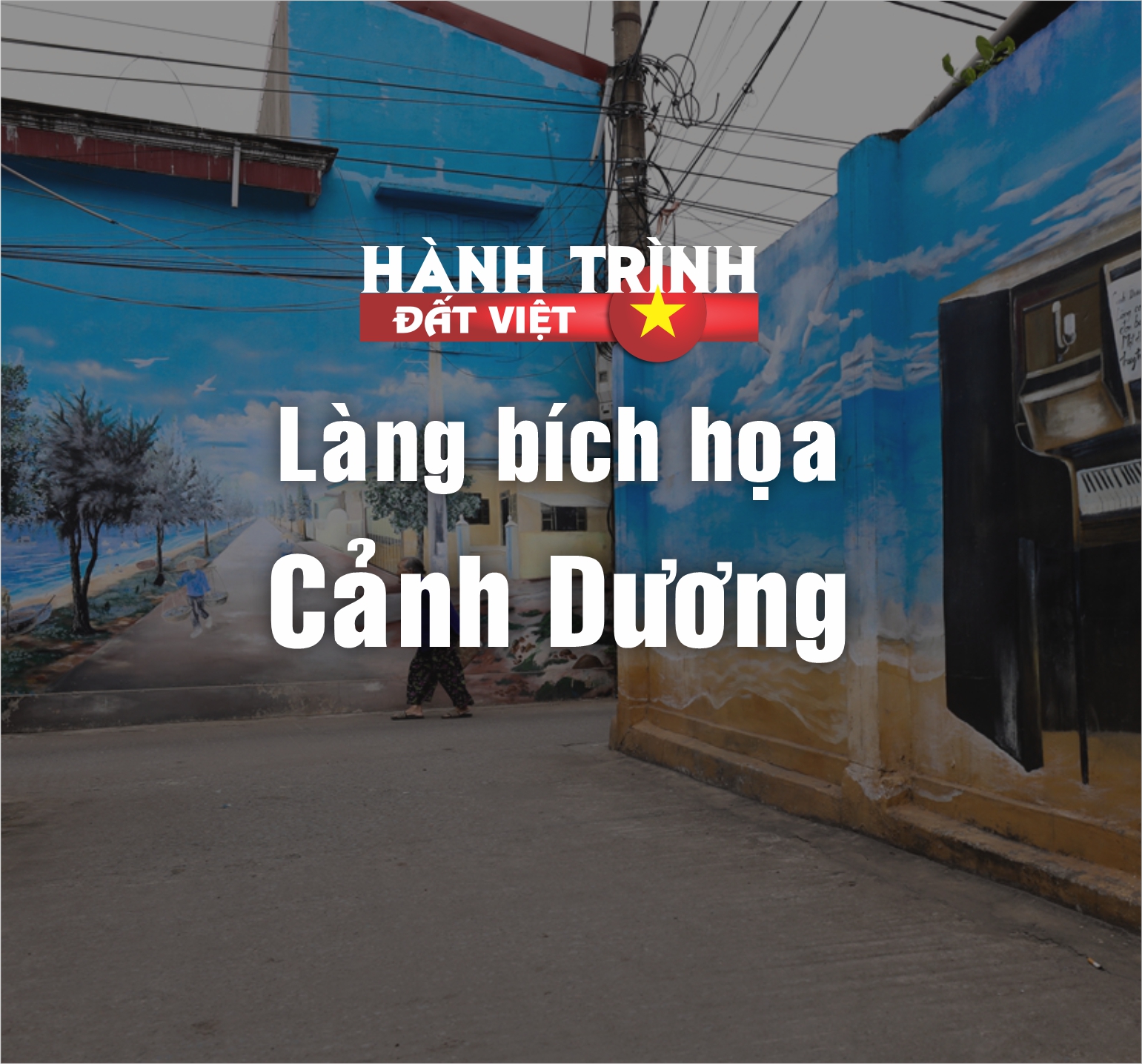

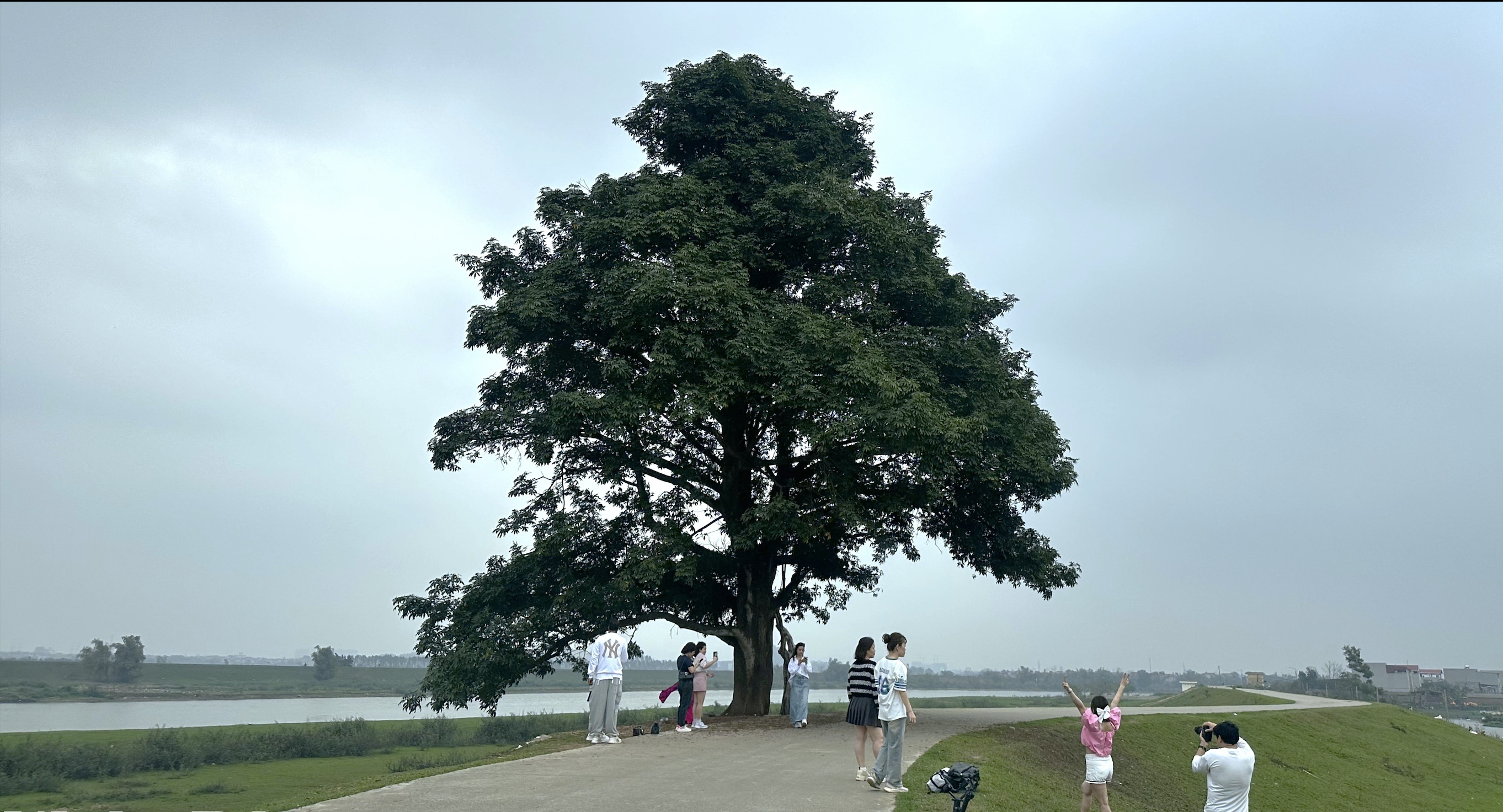
![[Photo] Prime Minister Pham Minh Chinh chairs meeting on US imposition of reciprocal tariffs on Vietnamese goods](https://vstatic.vietnam.vn/vietnam/resource/IMAGE/2025/4/5/9b45183755bb47828aa474c1f0e4f741)
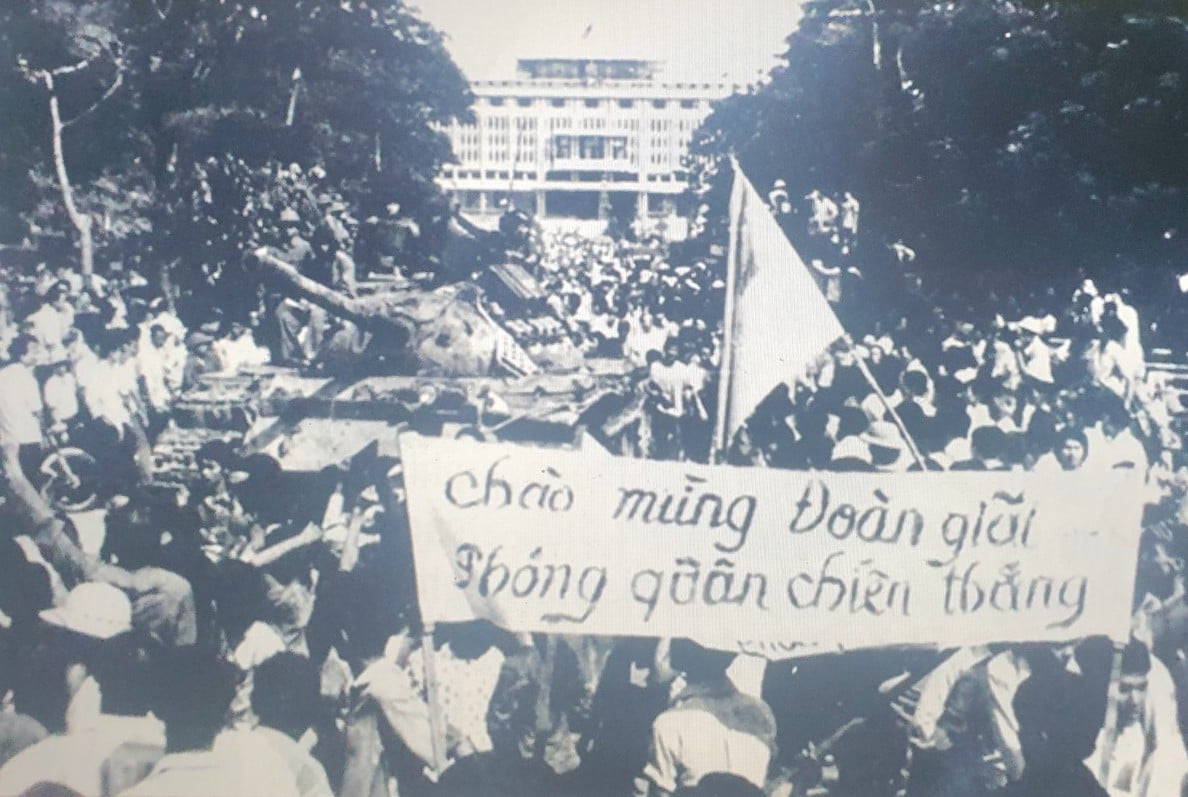

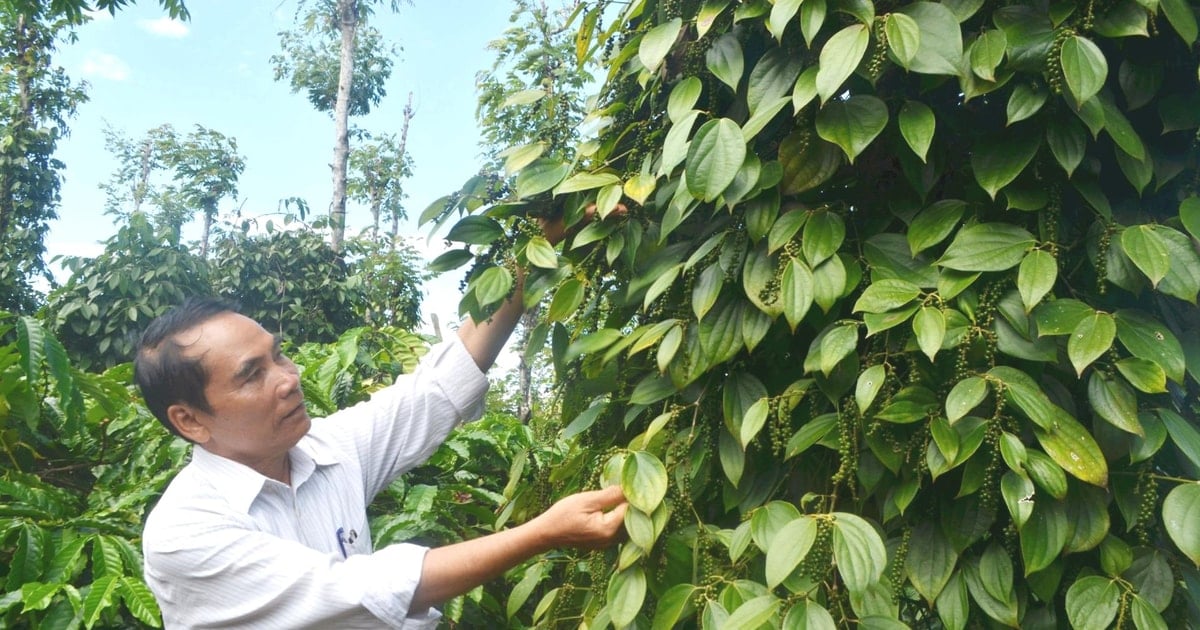
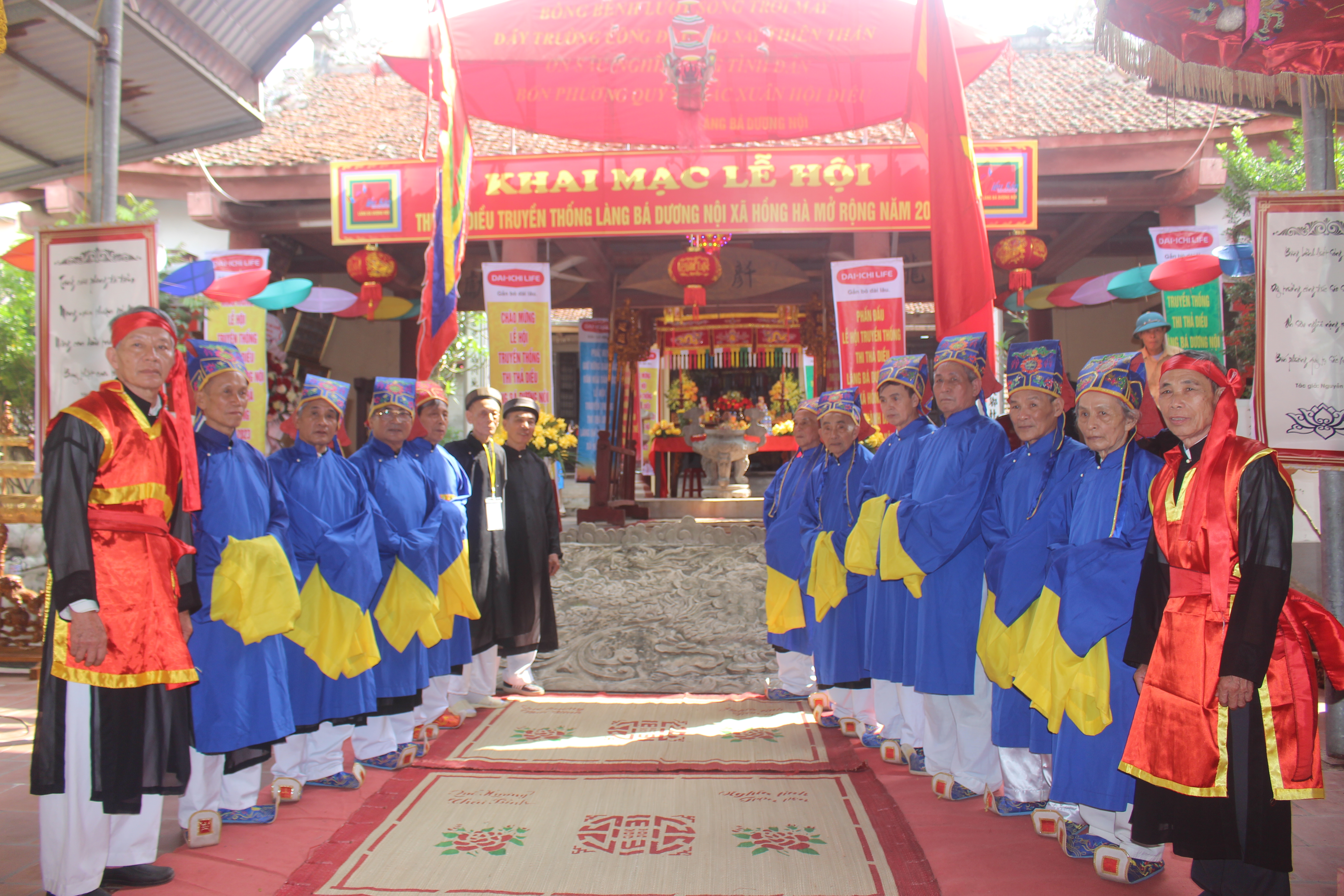








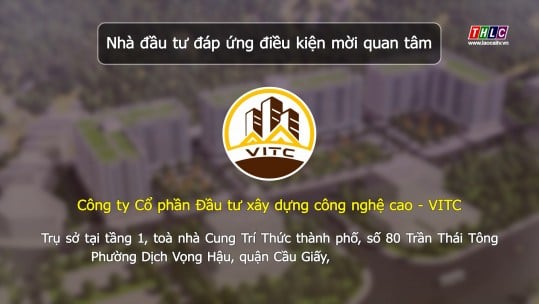

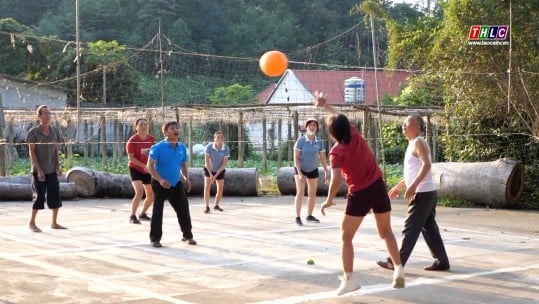


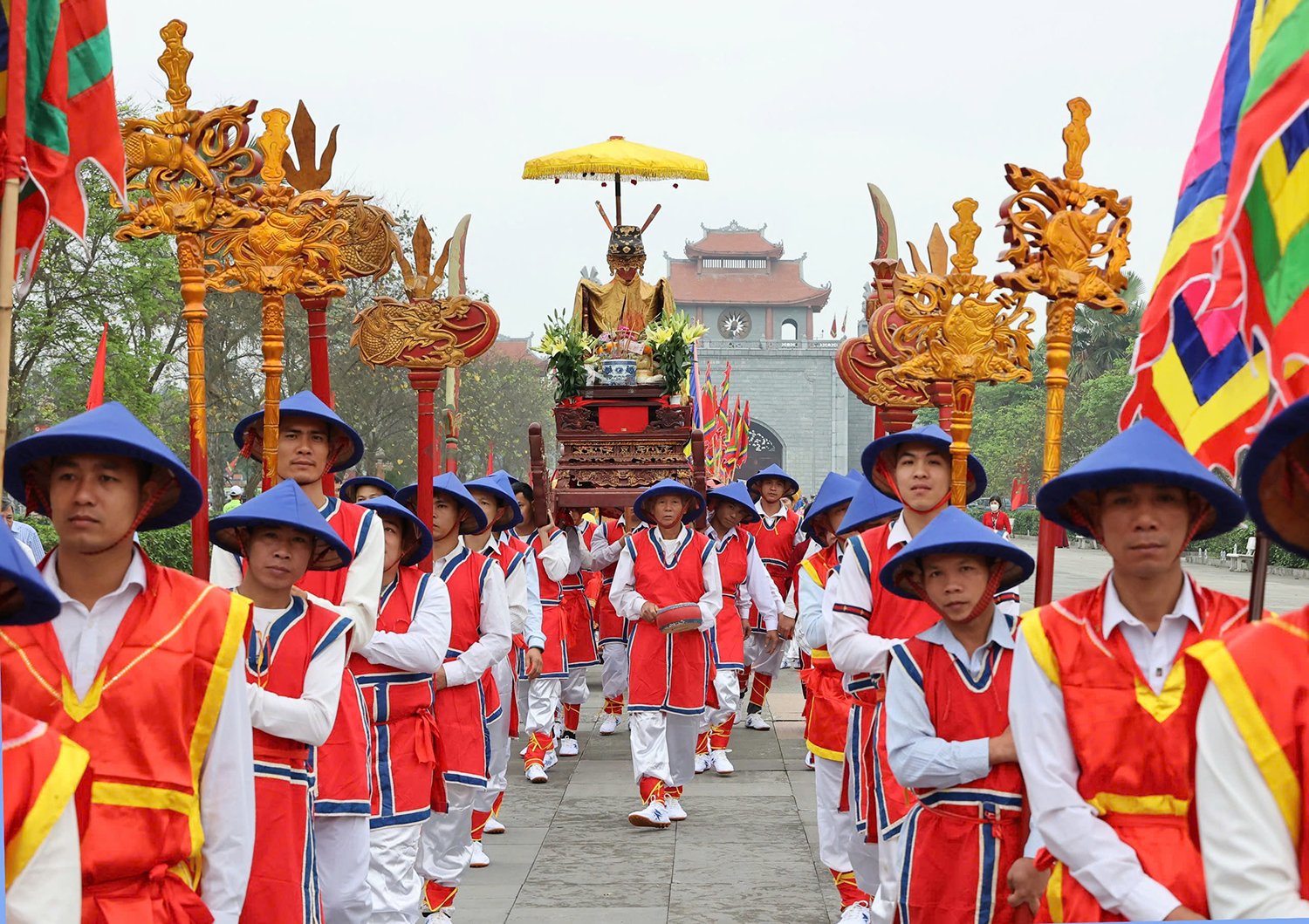
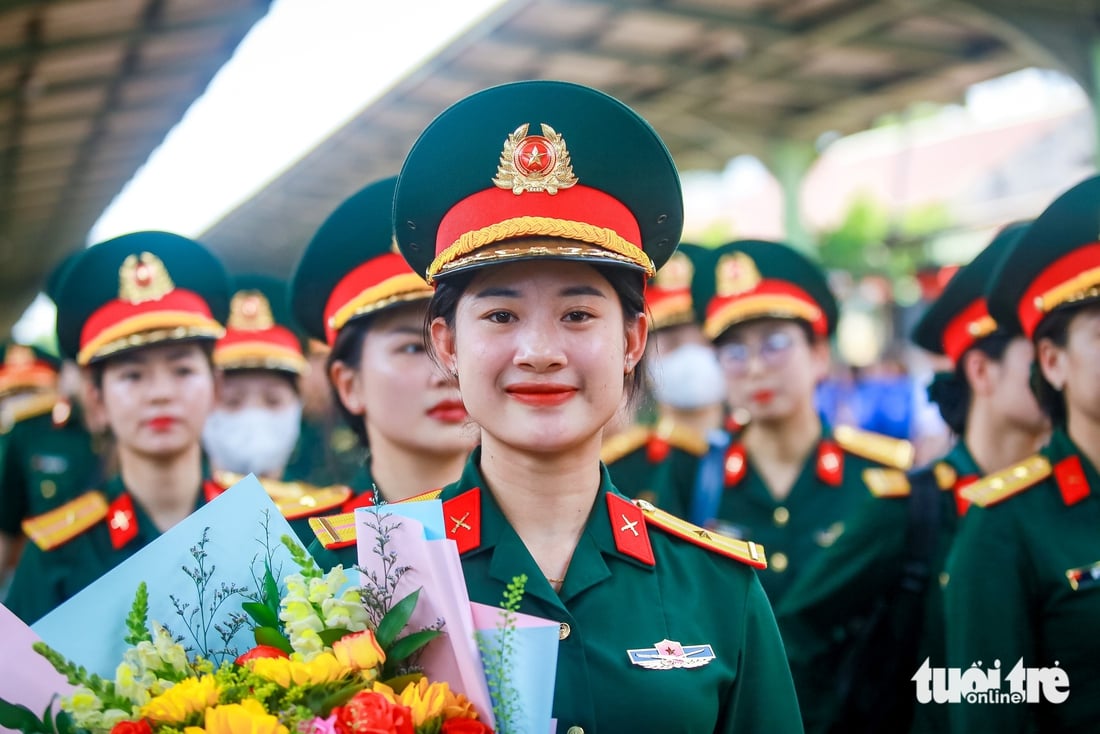
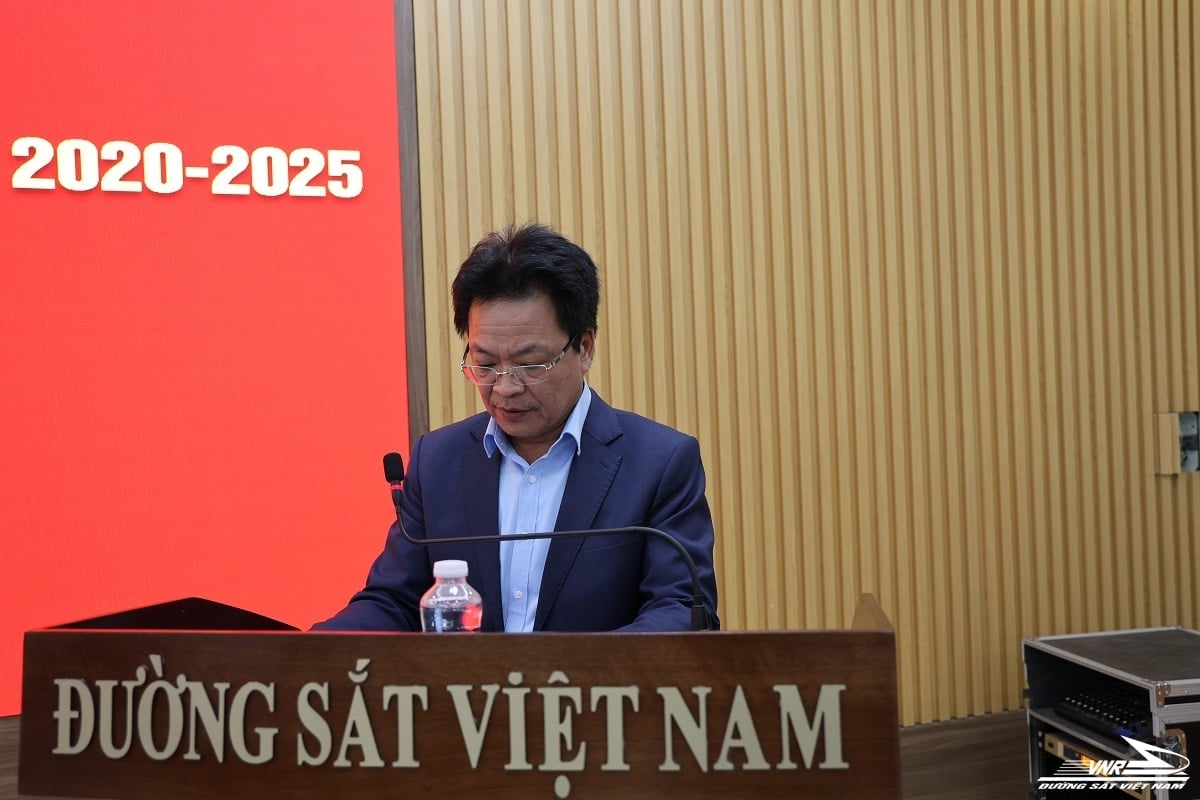
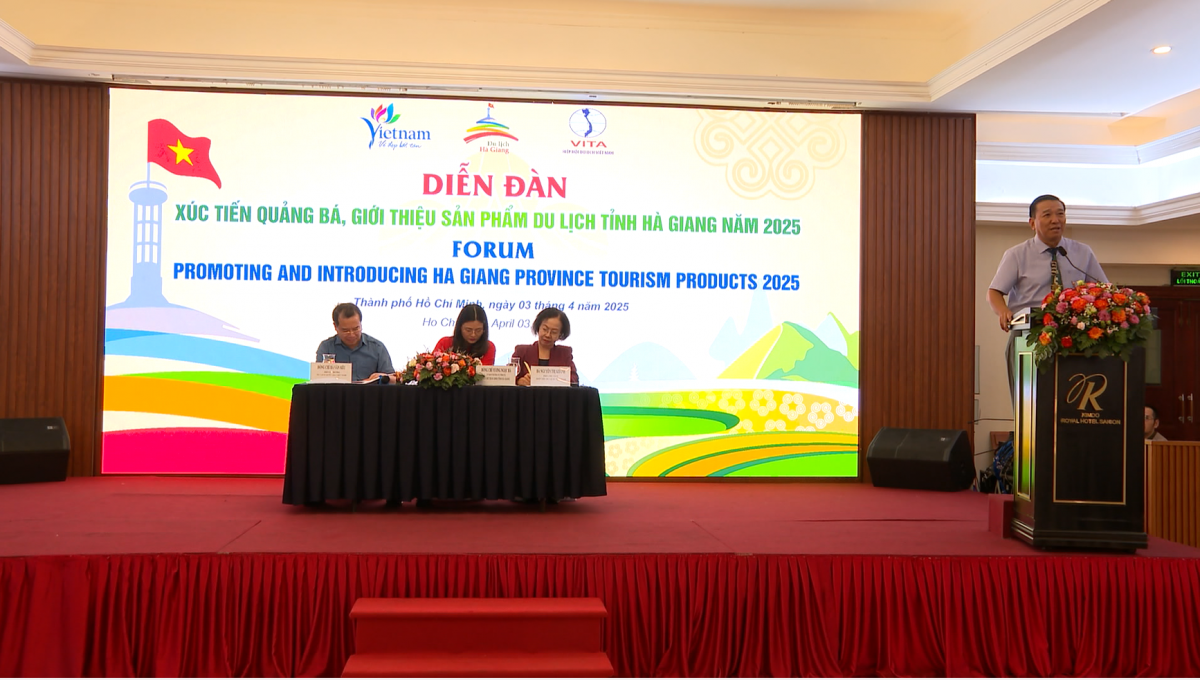


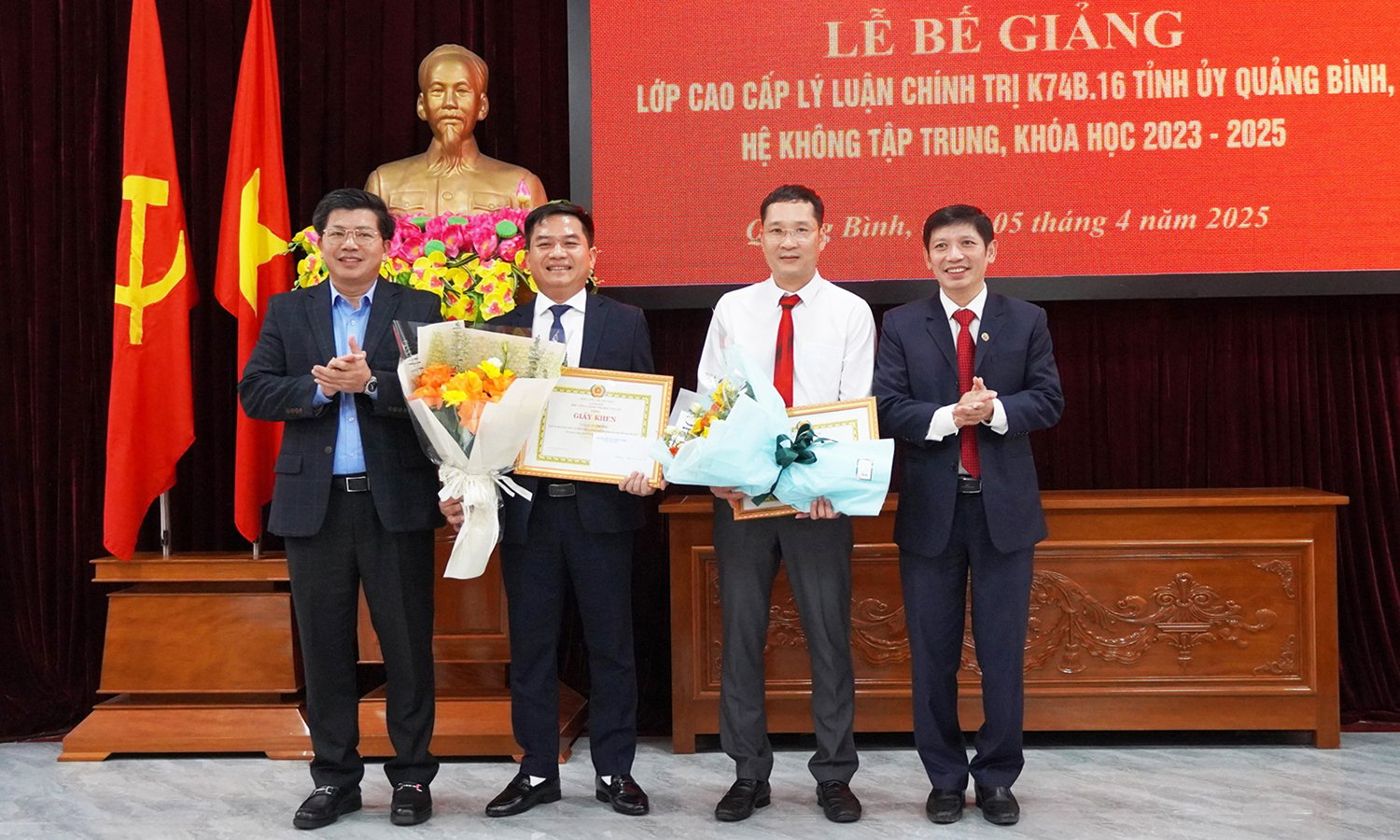
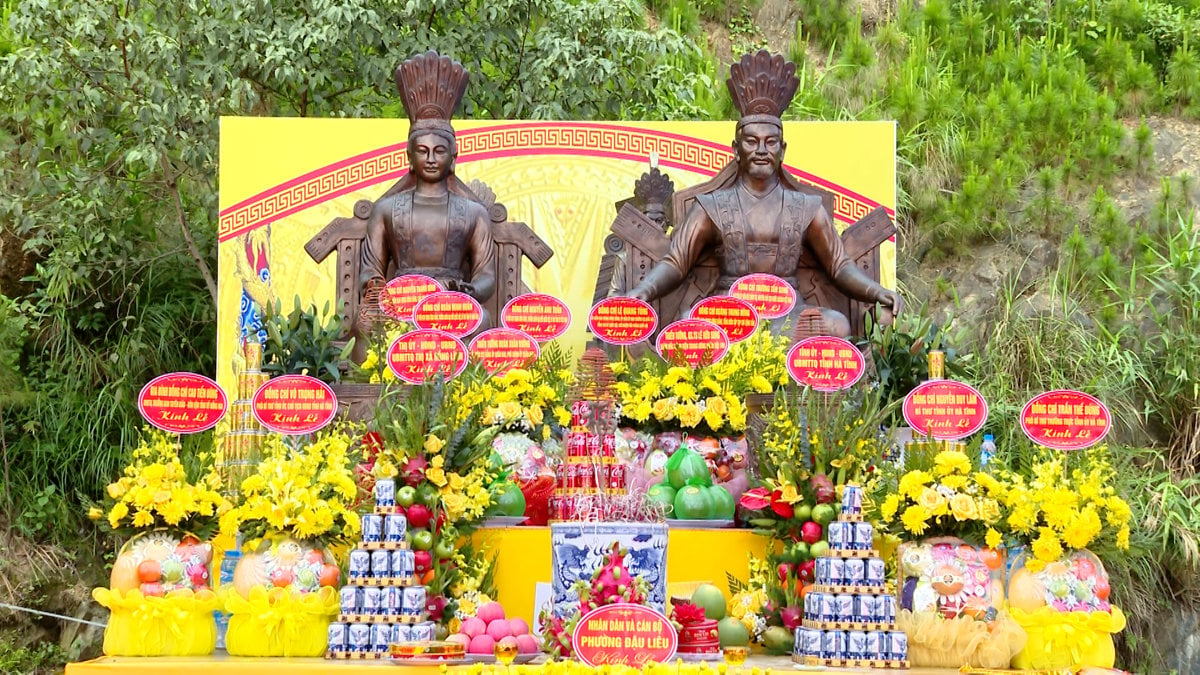
![[Photo] Dong Nai people warmly welcome the forces participating in the parade](https://vstatic.vietnam.vn/vietnam/resource/IMAGE/2025/4/5/ebec3a1598954e308282dcee7d38bda2)
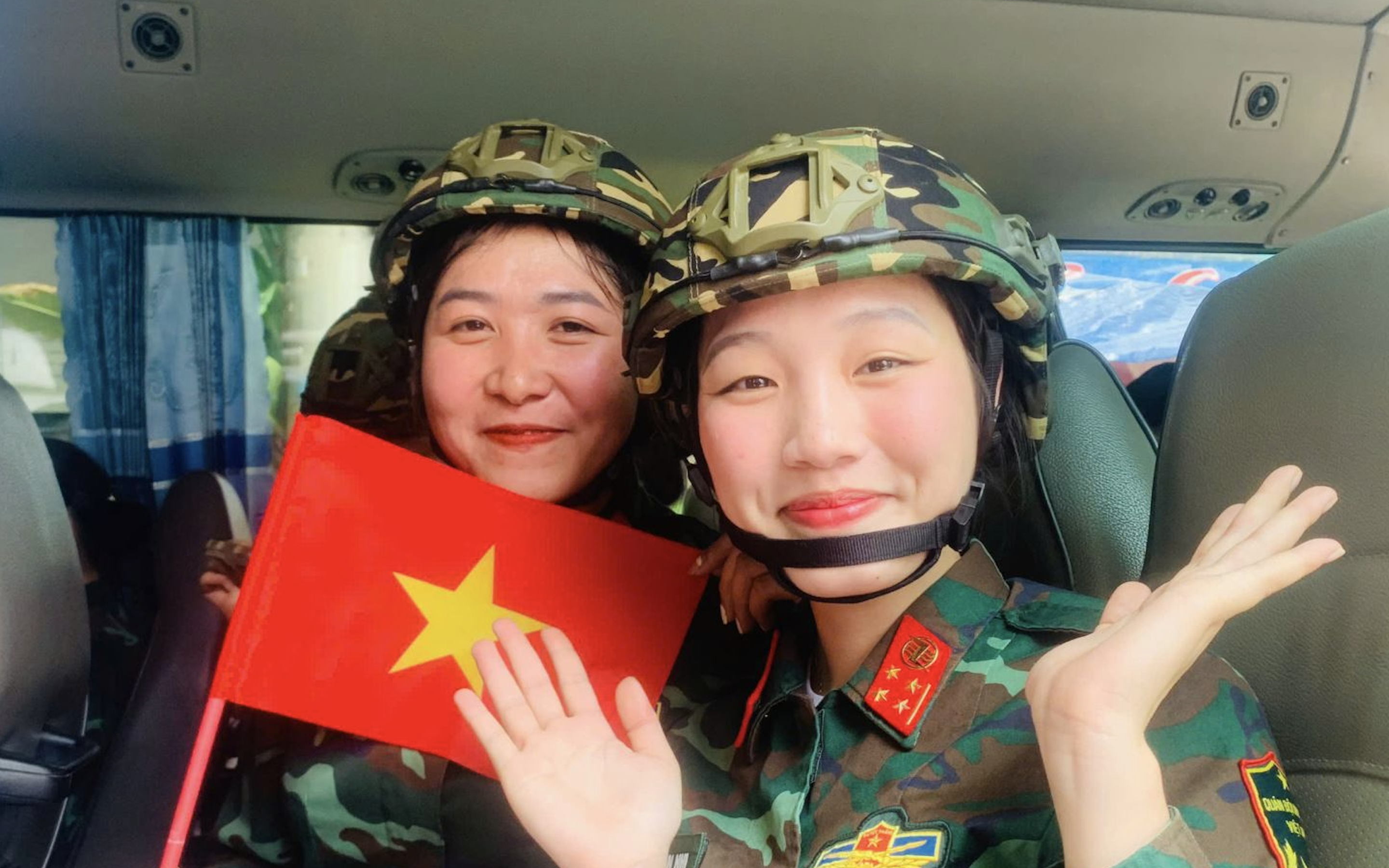
![[Photo] Hanoi flies flags at half-mast in memory of comrade Khamtay Siphandone](https://vstatic.vietnam.vn/vietnam/resource/IMAGE/2025/4/5/b73c55d9c0ac4892b251453906ec48eb)


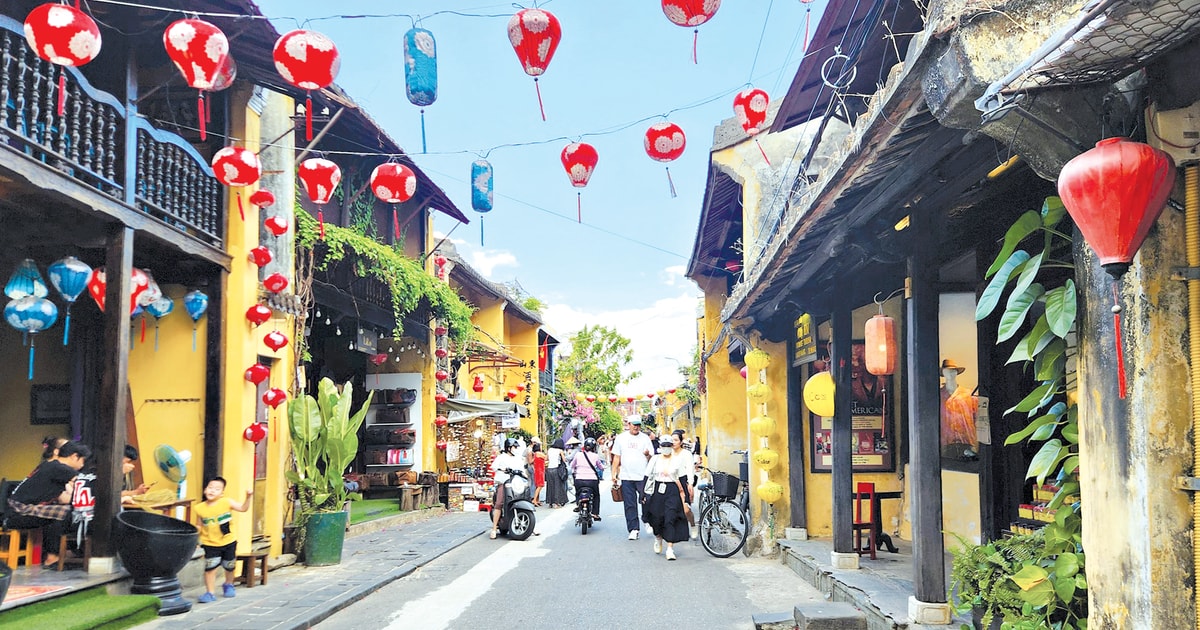

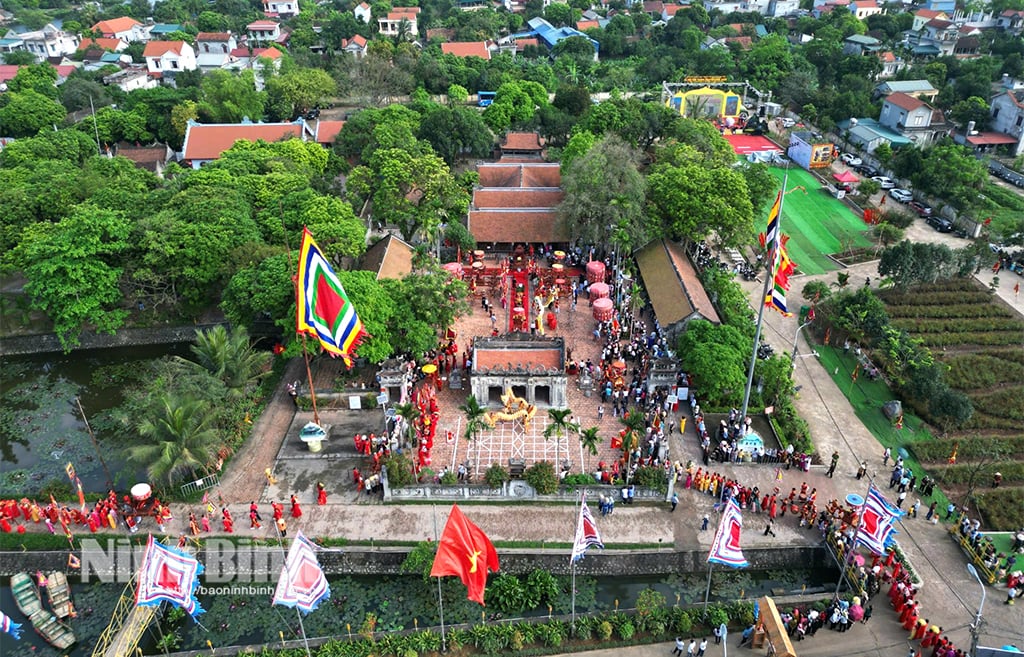

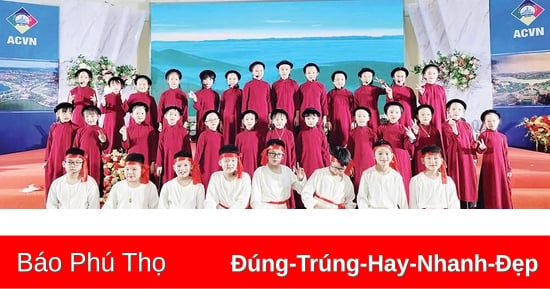

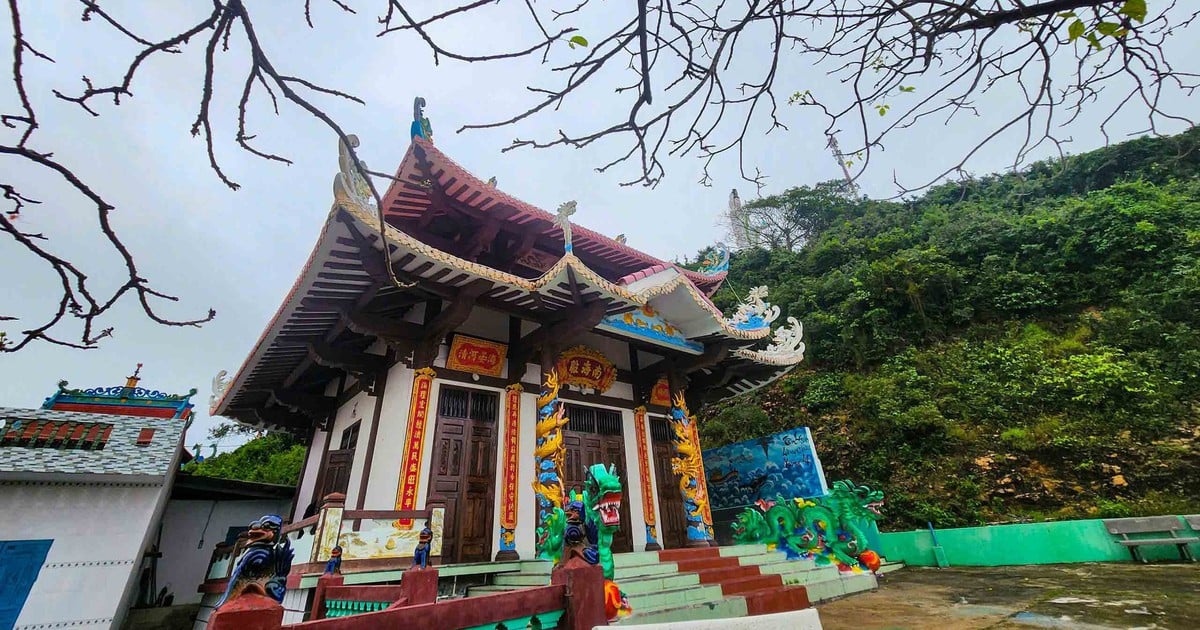
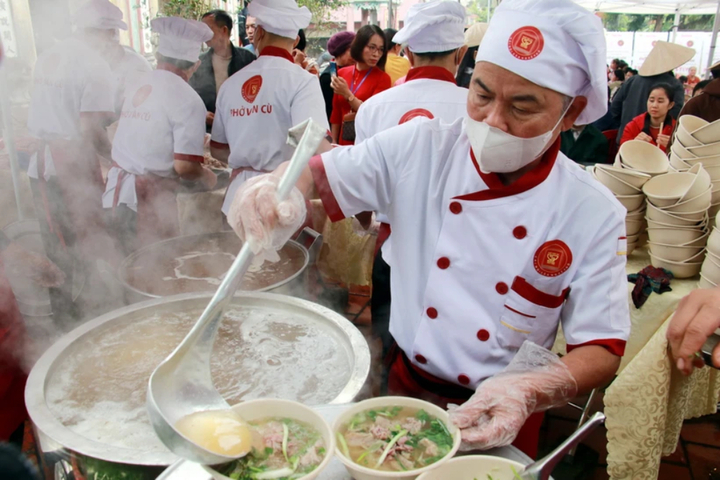

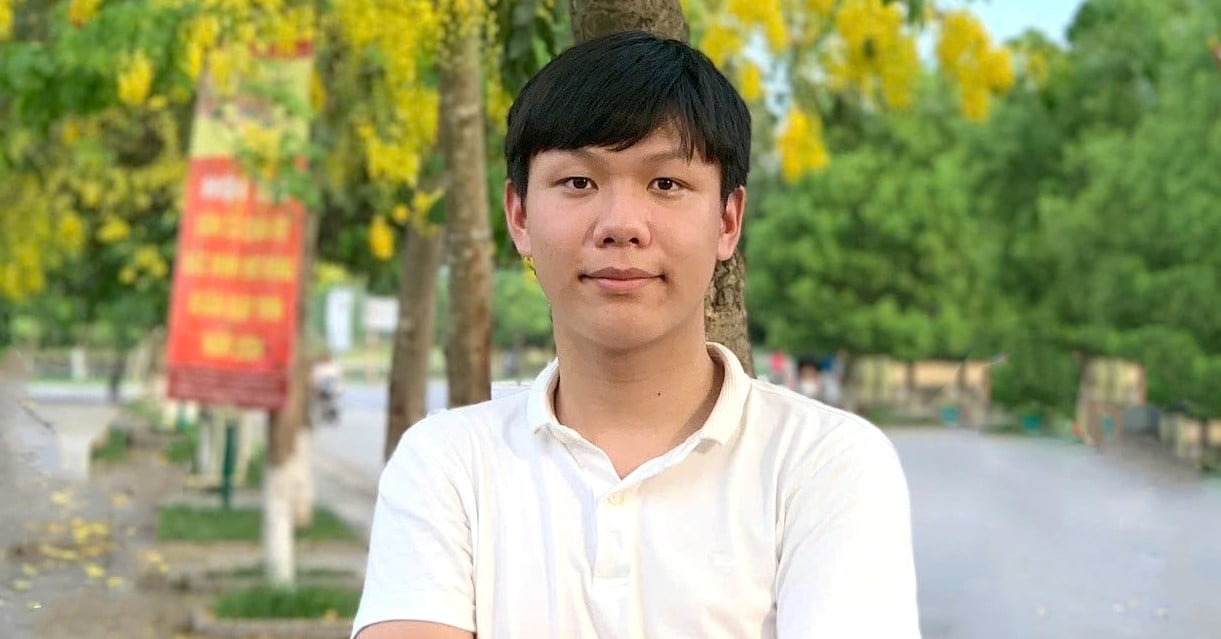



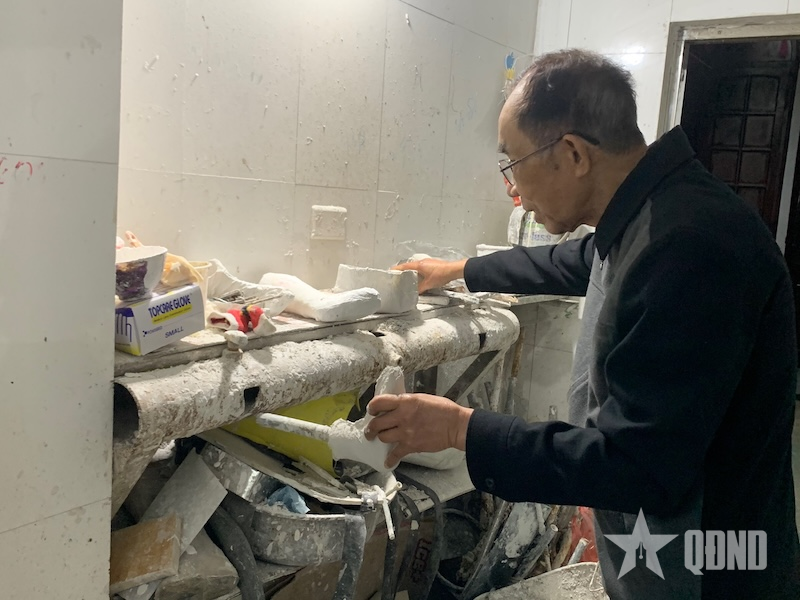

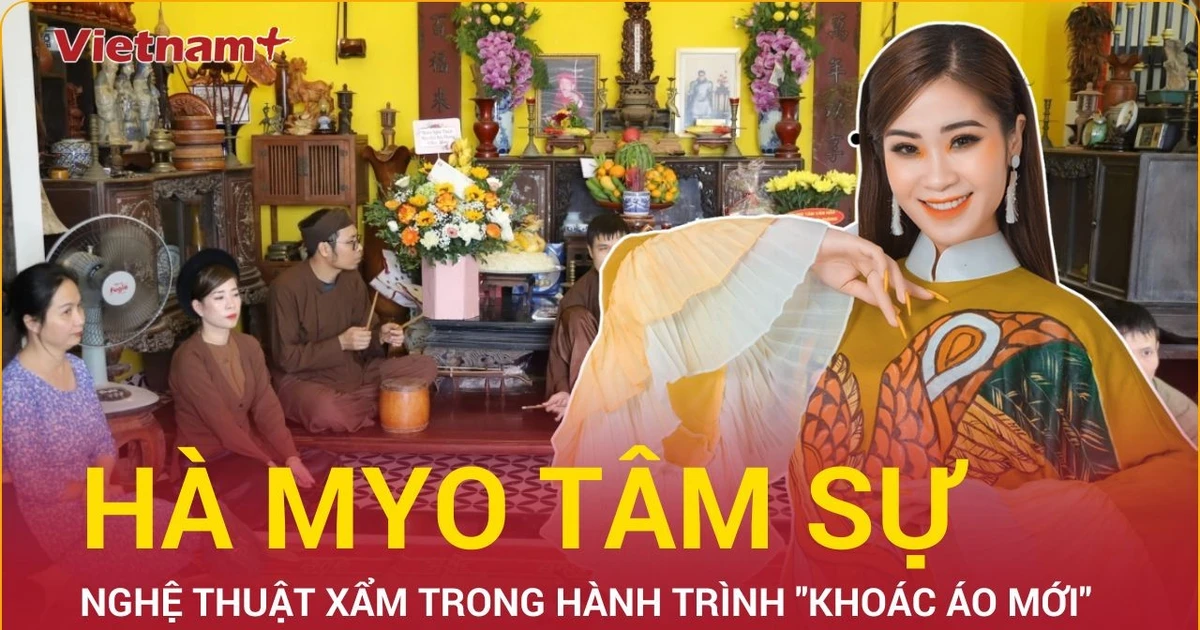

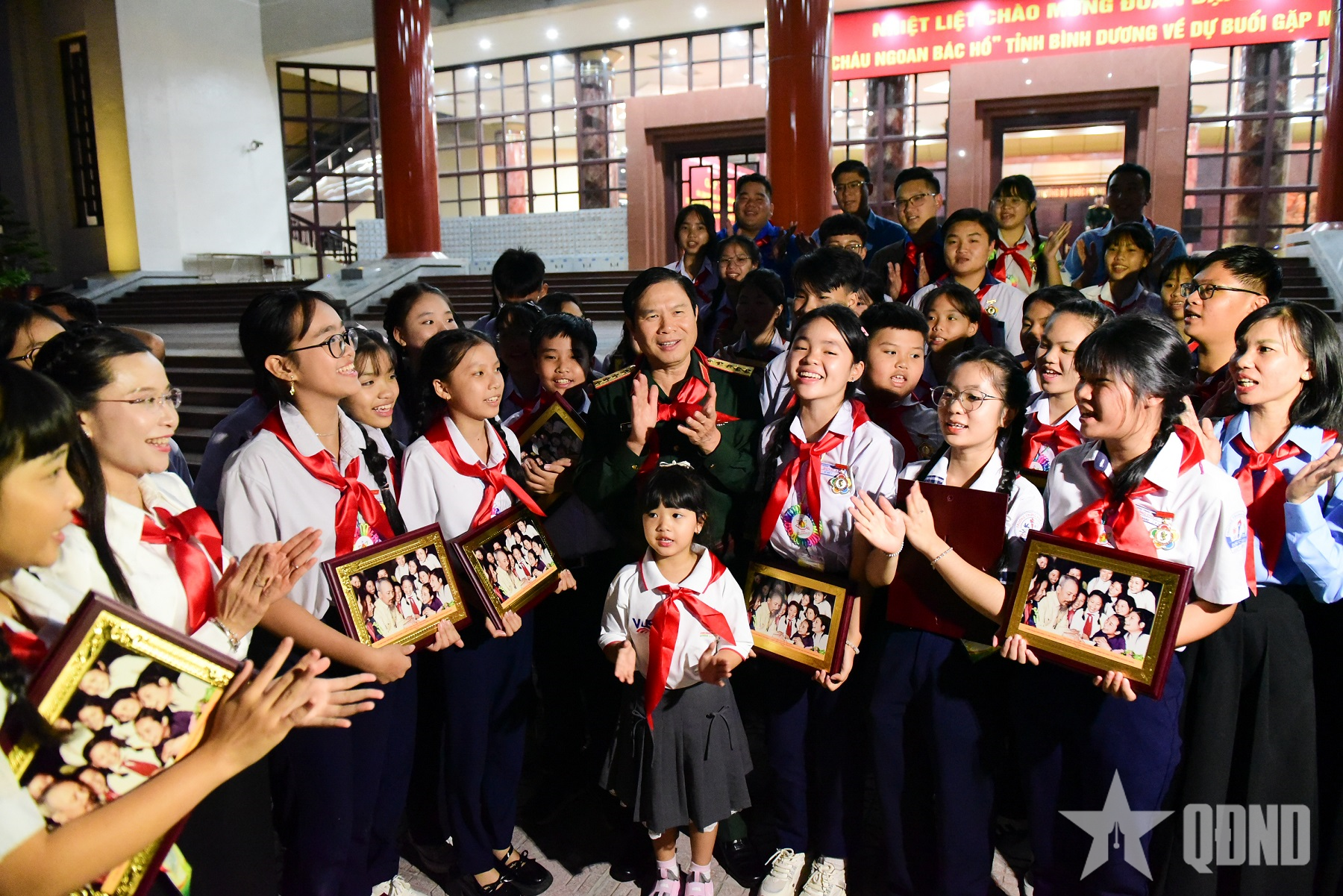
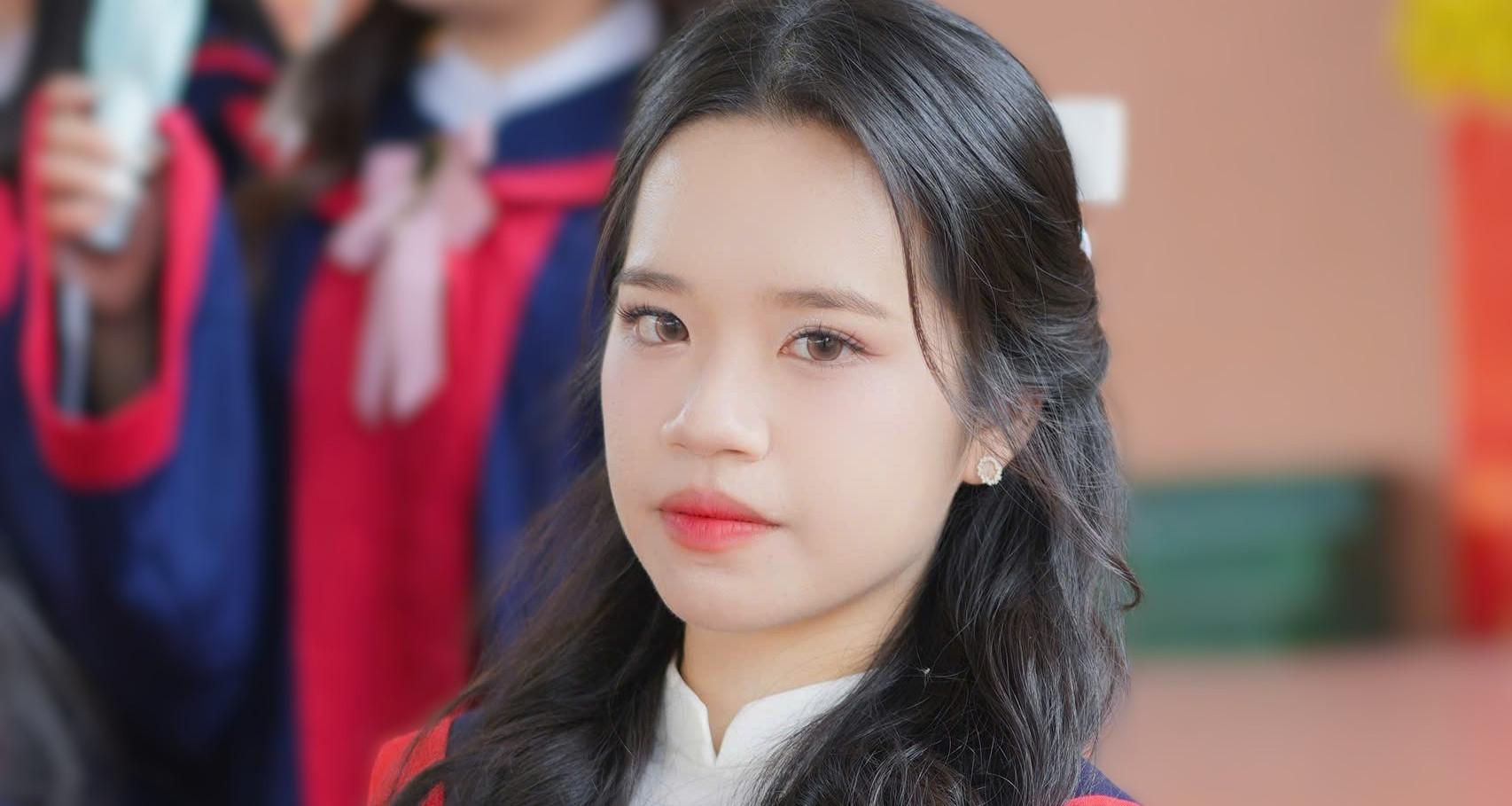
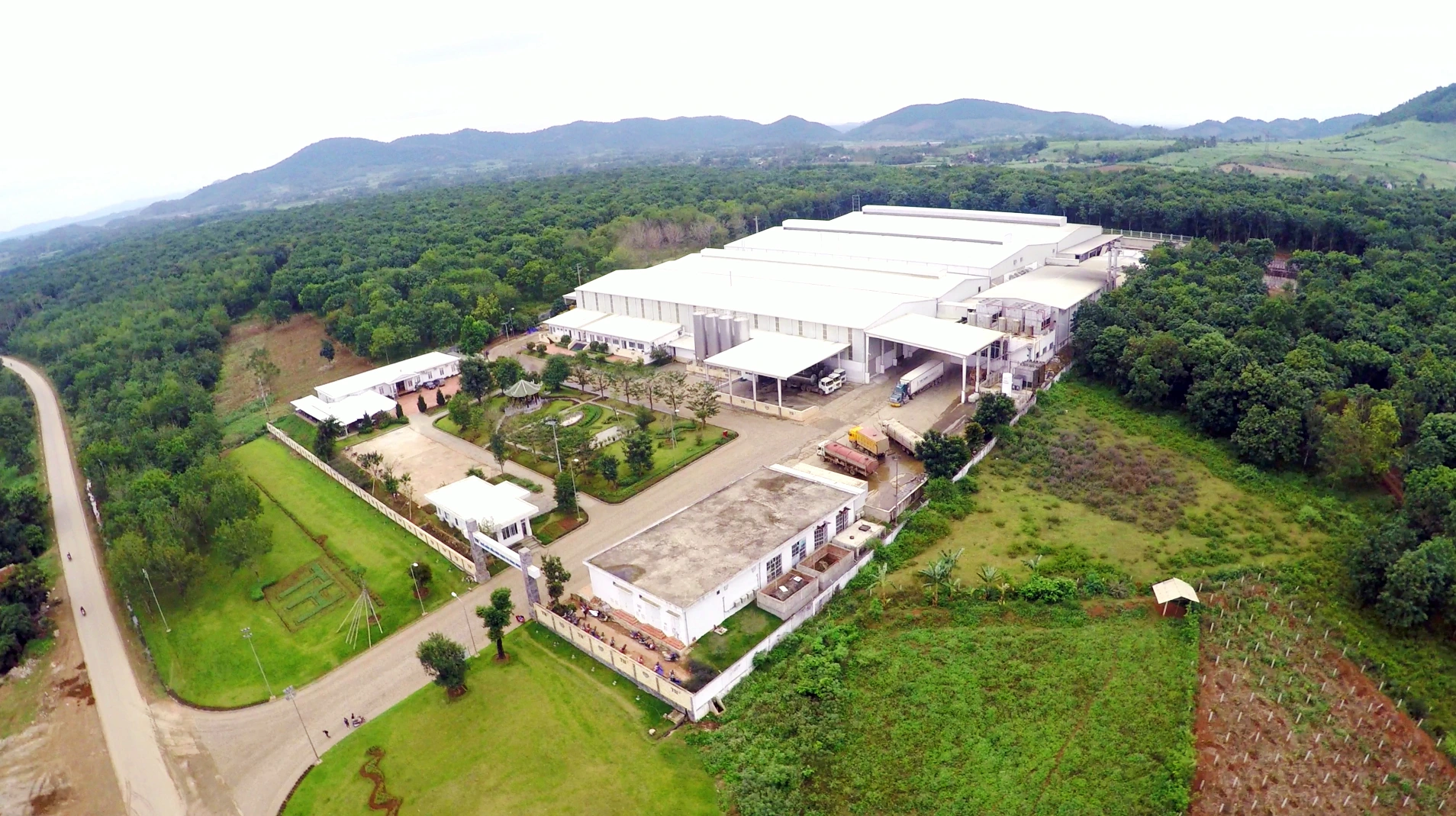
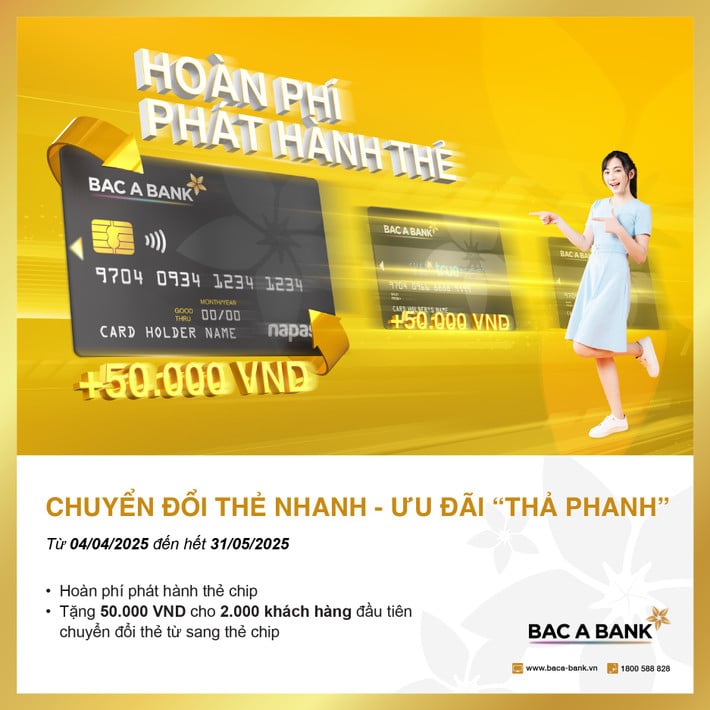







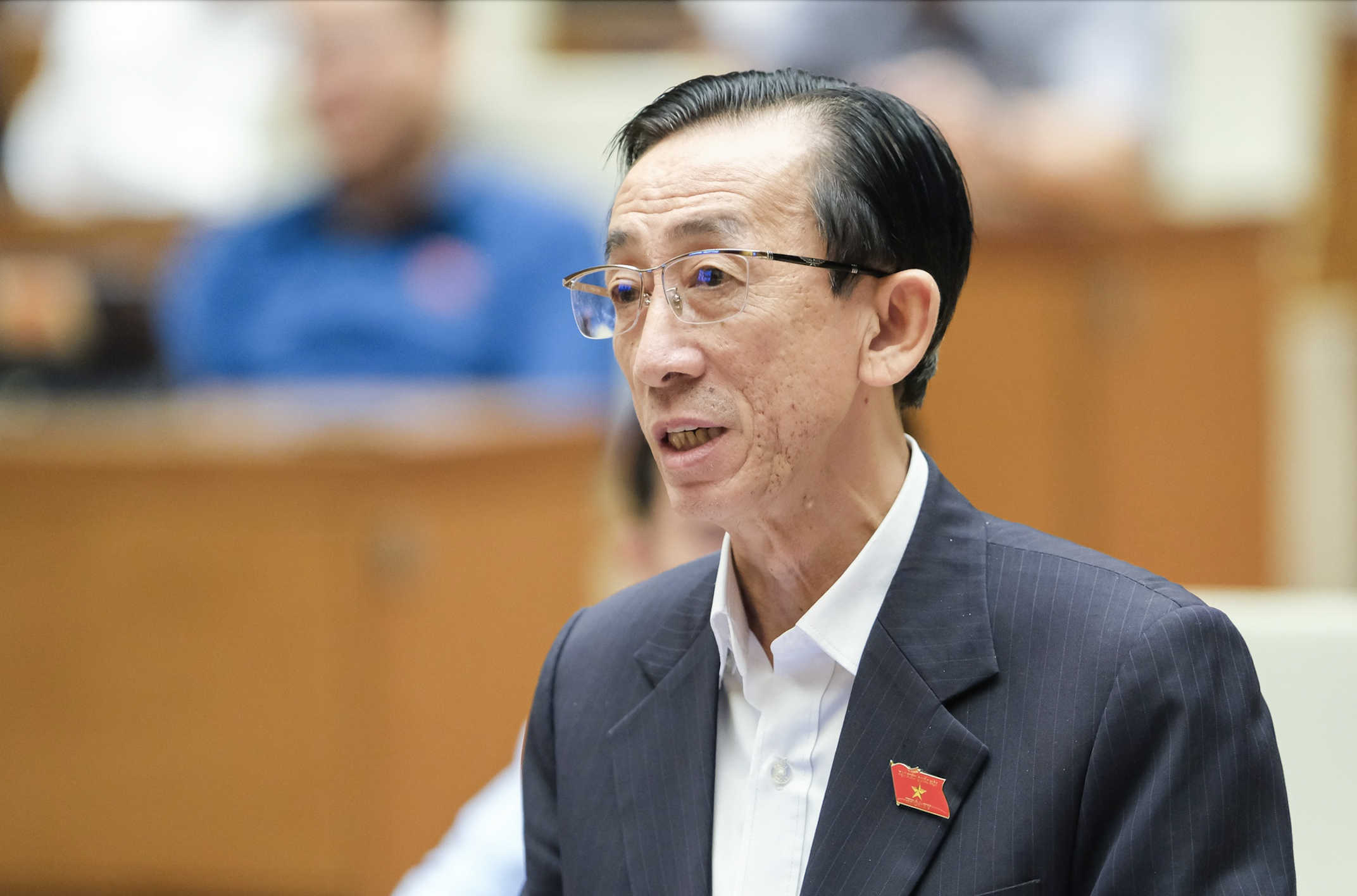








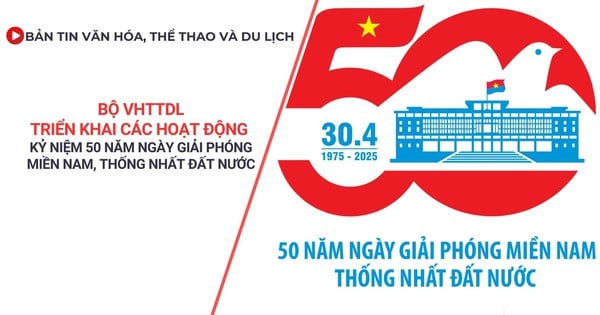




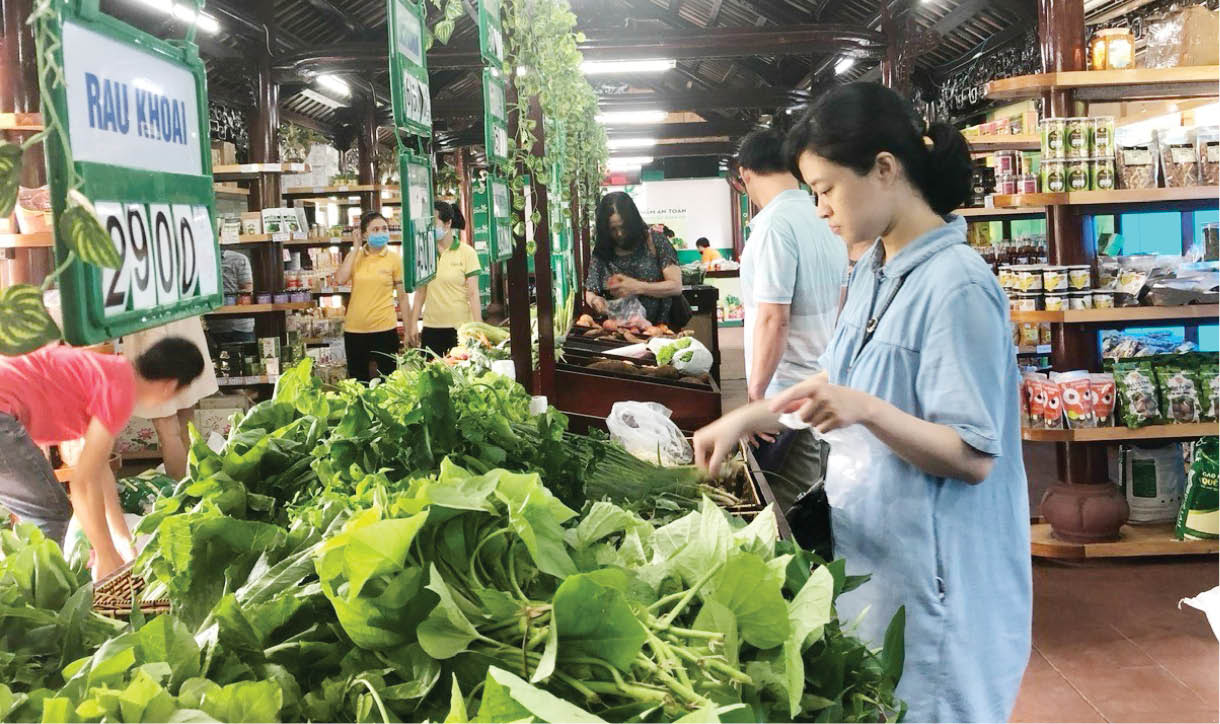

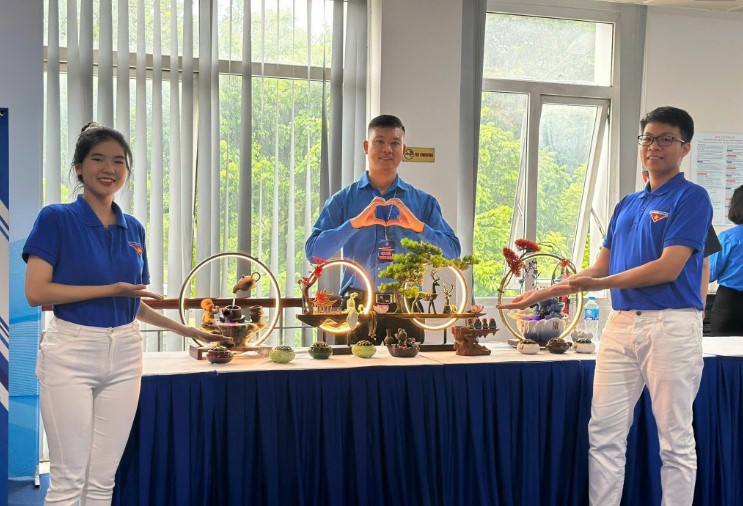
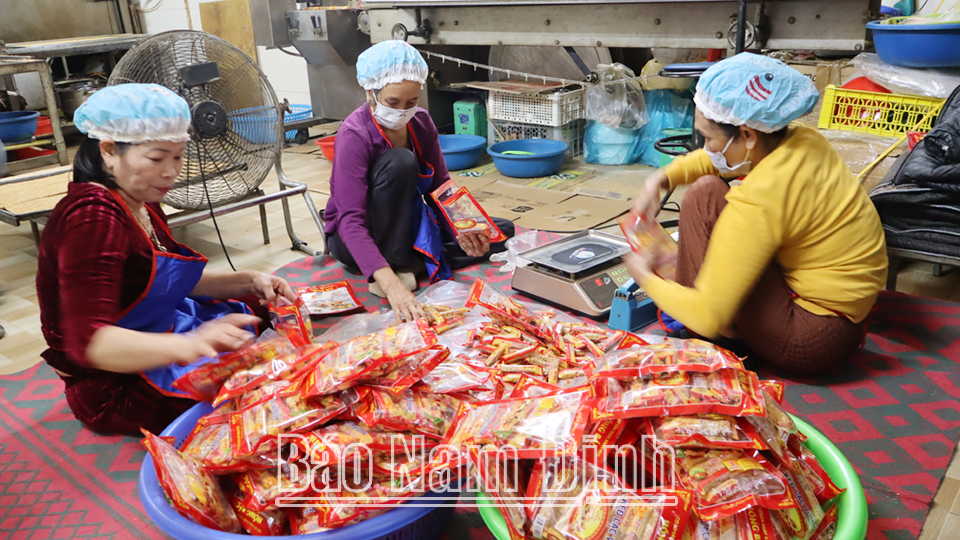

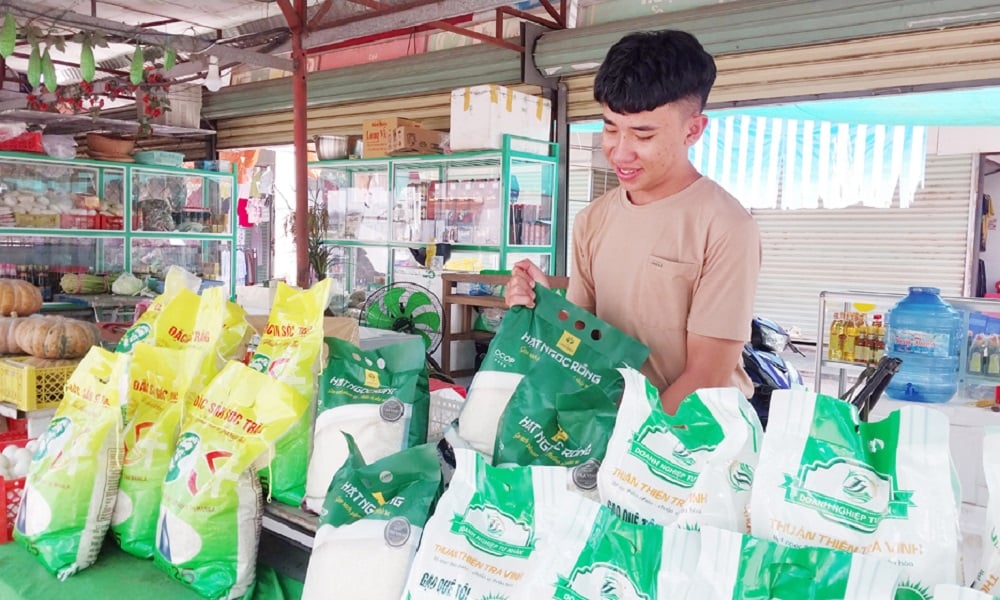
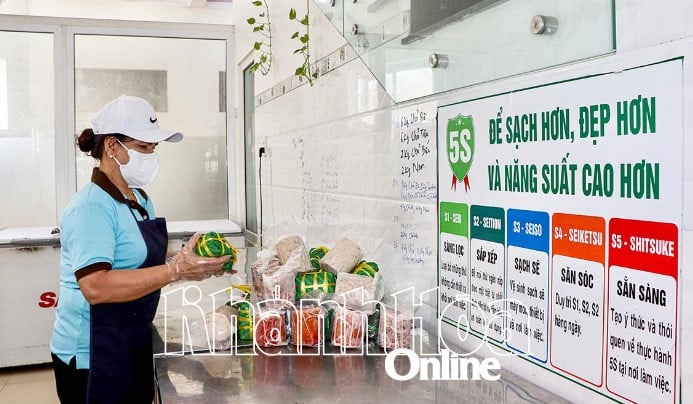

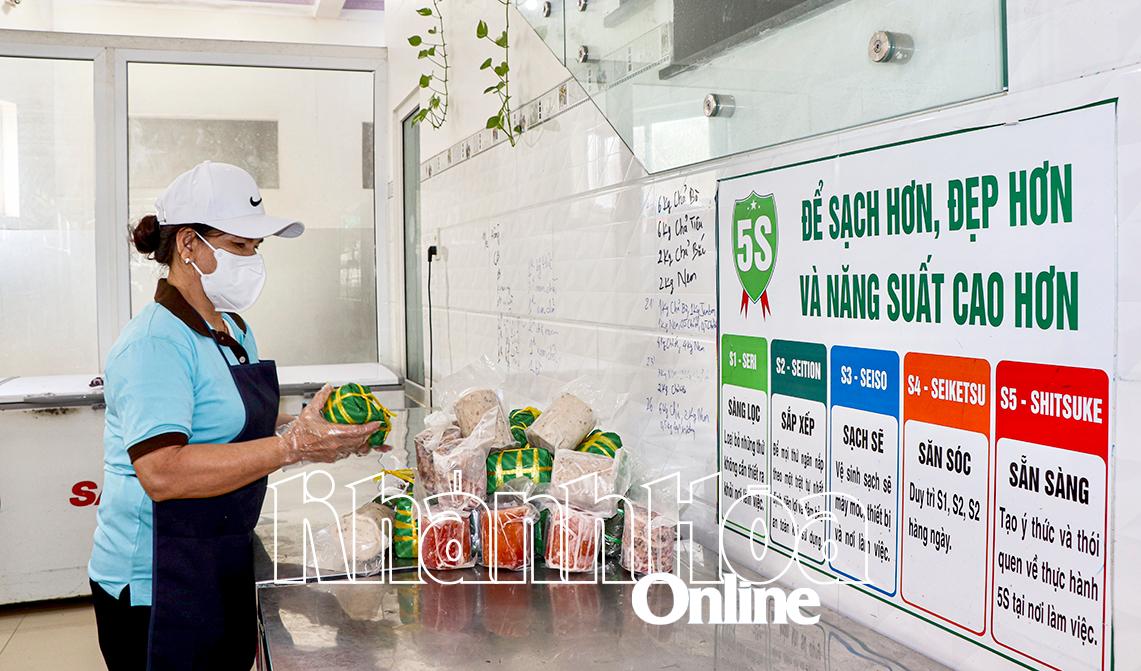
Comment (0)